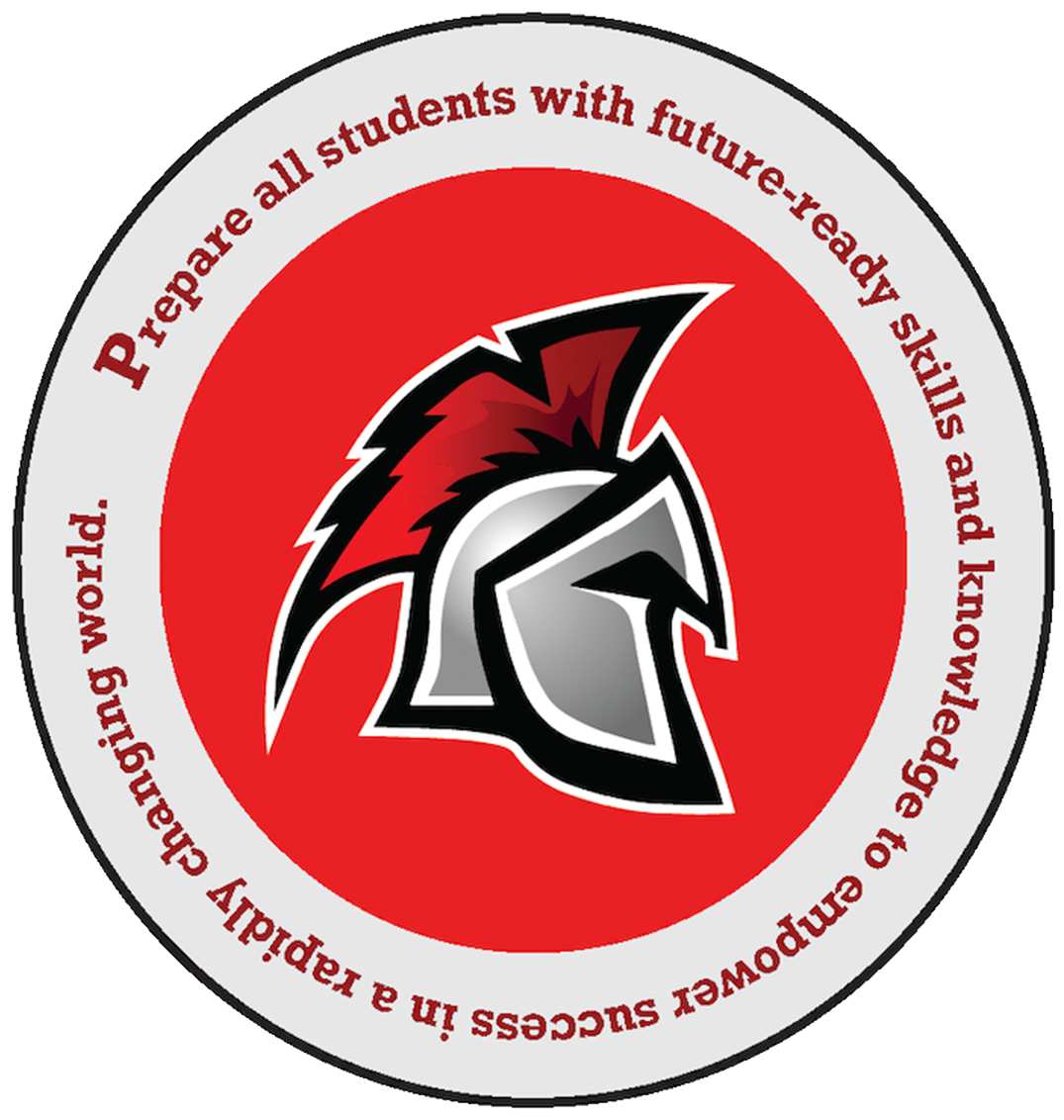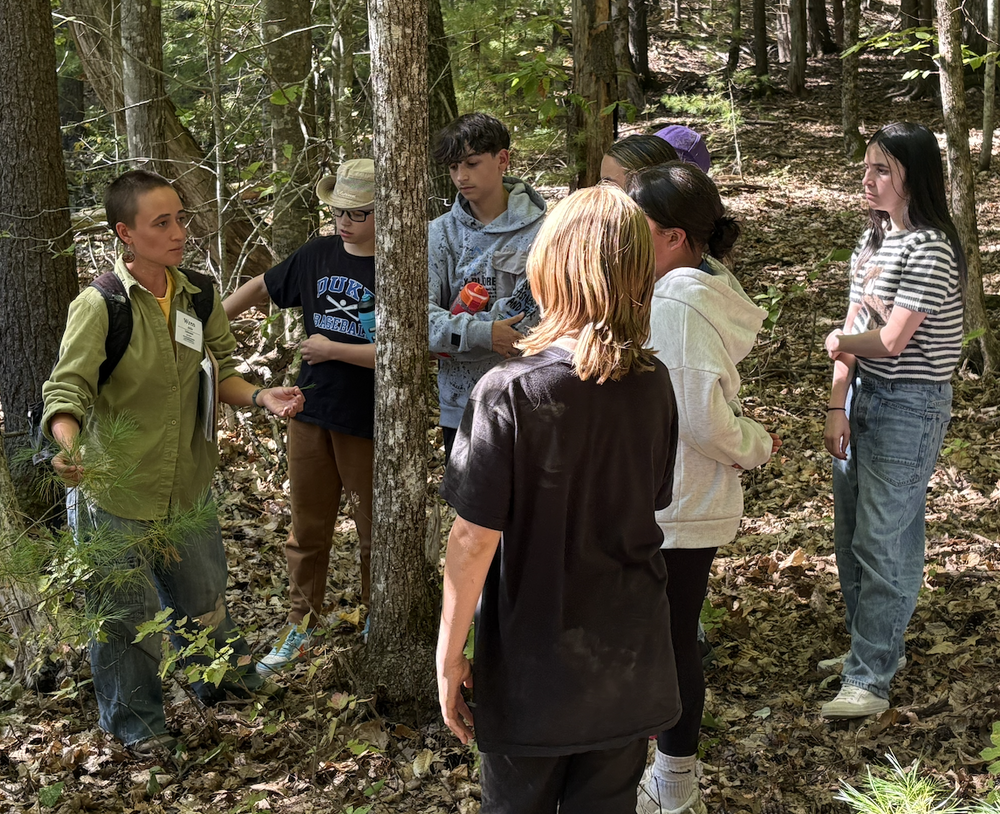Sanford Middle School seventh graders experienced hands-on outdoor learning at The Ecology School in Saco last week, participating in an overnight, three-day program that combined hands-on learning with community building in ways that will positively impact students.
The Ecology School has formed partnerships with seven other outdoor education providers across Maine to increase program availability and has made the study of ecology accessible and enjoyable for people since 1998. The school is designed for immersive programs where students learn about conservation, farming, ecology, and sustainability through hands-on, fun activities.
The trip was the result of planning and collaboration spearheaded by SMS science teacher Diana Allen. The planning also involved careful investigation and getting approval from school administration and the school committee.
This vision became reality through Maine's new Outdoor School for All Maine Students Program, recently signed into law by Governor Mills, which aims to increase access to outdoor learning programs. The Ecology School is part of this statewide initiative, and each network partner gets to select a Maine school to receive scholarships for students to attend. The Ecology School's first choice was Sanford Middle School. The only cost to the school department was for transportation to and from the Ecology School.
The setting proved as important as the curriculum itself. The school's location right on the banks of the Saco River, complete with a granite amphitheater and open-air facilities, created a learning environment where natural sunlight and fresh air enhanced each lesson. "This is phenomenal experiential learning," said Sara Nason, a Sanford Middle School teacher who helped chaperone the trip. All classes took place outdoors in natural settings, with students moving between different ecological sites and building knowledge as they explored.
During their stay, students participated in hands-on lessons that brought science standards to life. All lessons aligned with Common Core and Next Generation Science Standards, but rather than feeling like traditional classroom work, each activity felt like discovery. In 'Battle of the Biotic,' they explored the roles of producers, consumers and decomposers in forest ecosystems, discovering how organisms compete for survival and examining predator-prey relationships.
The 'Watersheds' lesson had students investigating how water flows and changes landscapes as it travels from mountain to sea, learning about weathering and erosion. Through the 'ABCs of Ecology' lesson, students gained foundational knowledge about abiotic factors like soil and climate, biotic organisms like plants and animals, and the cycles and changes that shape ecosystems.
While students certainly learned about ecology – as 7th grader Kaydence Adjutant shared, "I learned that mushrooms decompose acorns" – some of the most meaningful learning happened through relationships and life skills developed during their time together.
Allen found the community-building aspect particularly meaningful. "The opportunity to spend these days with my students in nature, creating a sense of community, sharing laughter is something I will cherish throughout the school year," Allen said.
When asked about the overnight experience, Adjutant captured the spirit perfectly: "It's really fun. Yeah, it's like one big sleepover with my class." "The comments that we're hearing are, 'Well, this is kind of cool,'" Nason explained. "'All sitting down together for a meal.'" Students also learned important life skills like cleaning up after themselves and taking care of shared spaces.
Allen was moved by watching her students adapt to the environment: "Watching them play, set tables, help each other - it was just incredible to see and be a part of."
These experiences translated into practical learning that students brought home with them. Students returned with practical awareness about waste management, understanding how much food they actually need and how their choices affect the community. The program was such a success that Allen hopes it will become an annual tradition for Sanford seventh graders. "We are incredibly grateful to Drew Demsch and The Ecology School staff for this generous opportunity for our students," Allen added.
The shared experience also gives teachers valuable insights into their students and creates positive reference points for future success and learning. "We now have something very much in common, something tangible and meaningful that we can build from," Nason said.

